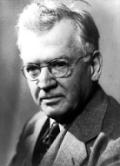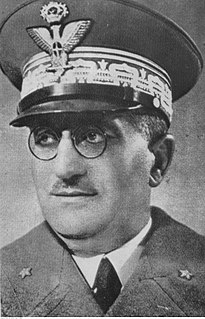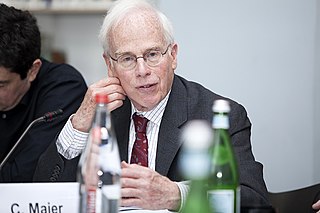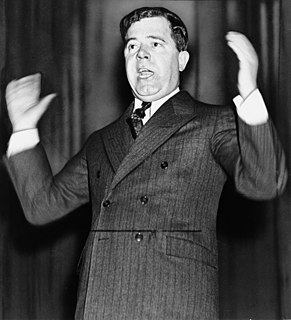A Quote by John T. Flynn
We seem to be a long way off from the kind of Fascism which we behold in Italy today, but we are not so far from the kind of Fascism which Mussolini preached in Italy before he assumed power, and we are slowly approaching the conditions which made Fascism there possible.
Related Quotes
I describe what is happening as 'food fascism' because this system can only survive through totalitarian control. With patents on seed, an illegitimate legal system is manipulated to create seed monopolies. Seed laws that require uniformity - which criminalize diversity and the use of open-pollinated seeds - are fascist in nature. Suing farmers after contaminating their crops, [...] is another aspect of this fascism. Pseudo-hygiene laws that criminalize local, artisanal food are food fascism. And attacks on scientists and the silencing of independent research [...] are examples of knowledge fascism.
Fascist intellectuals, such as Ugo Spirito, made the round of conferences preaching the virtues of postcapitalism fascism and in fact tried to nudge the structure in a 'leftist' direction by calling for more collective control and even corporative ownership of the economy. Mussolini looked abroad to find that Franklin Roosevelt was merely seeking to emulate Italy's innovations.
All the pale horses of the apocalypse have stormed through my life, revolution, starvation, devaluation of currency and terror, epidemics, emigration; I have seen the great ideologies of the masses grow and spread out before my eyes. Fascism in Italy, National Socialism in Germany, Bolshevism in Russia, and, above all, that archpestilence, nationalism, which poisoned our flourishing European culture.
The film [the white Ribbon] does try to use German Fascism as an example, but not specifically Fascism... the results of German Fascism. It shows how people are prepared or indoctrinated for an ideology... people who are already in a state of repression who have been humiliated by society and who clasp at a straw that's offered to them. And how that's then developed into a form of indoctrination.
I was seduced by the nouvelle vague, because it was really reinventing everything. And the Italian cinema that one would see in the theaters in the late '50s, early '60s was Italian comedy, Italian style, which, to me, was like the end of neo-realism. I think cinema all over the world was influenced by it, which was Italy finding its freedom at the end of fascism, the end of the Nazi invasion. It was a kind of incredible energy. Then, late '50s, early '60s, the neo-realism lost its great energy and became comedy.



































